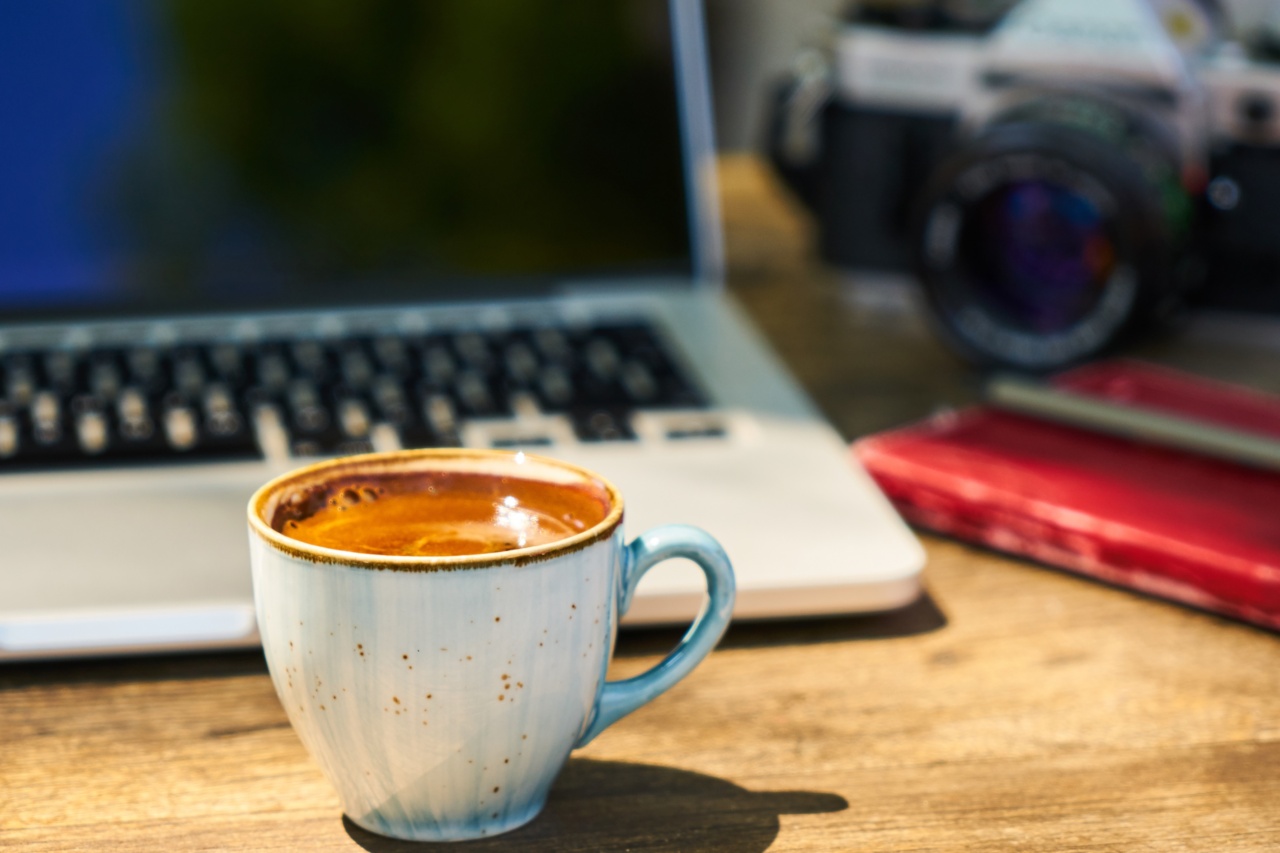Caffeine is the most consumed psychoactive substance in the world and is found in various products, including tea, coffee, soft drinks, and chocolate.
It is known for its stimulant effects and is, therefore, a popular choice for those who need to stay alert and focused for extended periods or require a quick burst of energy. However, caffeine can also trigger or aggravate anxiety in some people and may lead to the development of anxiety disorders over time. In this article, we will explore the relationship between caffeine and anxiety and how it shapes American culture.
What is Anxiety?
Anxiety is a normal and natural response to stress in our environment. It is a feeling of apprehension or fear about what is to come or what has happened. Anxiety becomes a disorder when it starts to interfere with daily life and functioning.
Anxiety disorders are a group of mental health conditions characterized by excessive fear, worry, and nervousness. These disorders affect millions of people worldwide and can be debilitating if left untreated.
How Does Caffeine Affect Anxiety?
Caffeine affects the body by stimulating the central nervous system, increasing heart rate, blood pressure, and alertness. It can also cause the release of stress hormones like cortisol and adrenaline.
For most people, caffeine consumption in moderation is safe and has beneficial effects. However, for individuals who are sensitive to caffeine or have existing anxiety disorders, caffeine can trigger or aggravate anxiety symptoms, including restlessness, rapid heartbeat, jitteriness, and nervousness.
How are Caffeine and Anxiety Linked in American Culture?
In American culture, caffeine is deeply engrained and is consumed in large quantities daily. Americans often rely on caffeine to stay awake, boost productivity, and get through the day.
Coffee and soft drinks are ubiquitous, with many workplaces offering free coffee to employees. In fact, coffee breaks are a common way for colleagues to socialize and connect in the American workplace.
Caffeine is also a prominent ingredient in energy drinks, which are marketed to young adults and athletes as a way to enhance performance and endurance. These drinks are often consumed before important events, competitions, or exams, which can heighten anxiety levels in individuals already prone to anxiety.
There is a culture of overworking and striving for success in the United States, which can lead to high levels of stress and anxiety. In this context, caffeine can be seen as a way to cope with the pressure and stay on top of one’s game.
Many Americans who experience anxiety as a result of their caffeine consumption do not recognize the link between the two and continue to consume caffeine in high quantities, leading to a vicious cycle of anxiety and dependence on caffeine.
Impact of Caffeine-Induced Anxiety on Mental Health in America
The prevalence of anxiety disorders in the United States is high, with over 40 million adults affected. Anxiety disorders can have a significant impact on mental health, leading to depression, social isolation, and even suicidal thoughts.
There is evidence to suggest that caffeine consumption, particularly in high amounts, can contribute to the development of anxiety disorders in susceptible individuals. The link between caffeine and anxiety is not always clear, and many people may not realize that their caffeine consumption is exacerbating their anxiety symptoms. This can lead to a delay in seeking help and treatment for their mental health issues.
Reducing Caffeine Consumption to Manage Anxiety
For individuals with anxiety, reducing caffeine consumption can be an effective way to manage symptoms. This can be achieved through gradually decreasing caffeine intake over time or switching to decaf or non-caffeinated alternatives.
The process of reducing caffeine intake should be done gradually to avoid withdrawal symptoms such as headaches, fatigue, and irritability.
It is also important to note that caffeine is not the only factor that contributes to anxiety disorders. Other lifestyle factors, such as poor sleep hygiene, lack of exercise, and poor diet, can also play a significant role.
By addressing these factors, individuals with anxiety can improve their overall mental and physical health.
The Role of Mental Health Professionals in Addressing Caffeine-Induced Anxiety
Mental health professionals play a crucial role in identifying and treating anxiety disorders in individuals who may not realize that their caffeine consumption is contributing to their symptoms.
Mental health professionals can provide education and support around the link between caffeine and anxiety and help individuals develop strategies for reducing caffeine intake while managing their anxiety. This may include mindfulness practices, relaxation techniques, and cognitive-behavioral therapy (CBT).
Conclusion
Caffeine and anxiety are closely linked in American culture, with caffeine consumption being a ubiquitous part of daily life.
However, for individuals with anxiety disorders, caffeine can trigger or aggravate symptoms, leading to a vicious cycle of anxiety and dependence on caffeine. Reducing caffeine consumption can be an effective way to manage anxiety, but it is essential to address other lifestyle factors that contribute to anxiety.
Mental health professionals play a crucial role in educating individuals about the link between caffeine and anxiety and providing strategies for managing symptoms.






























